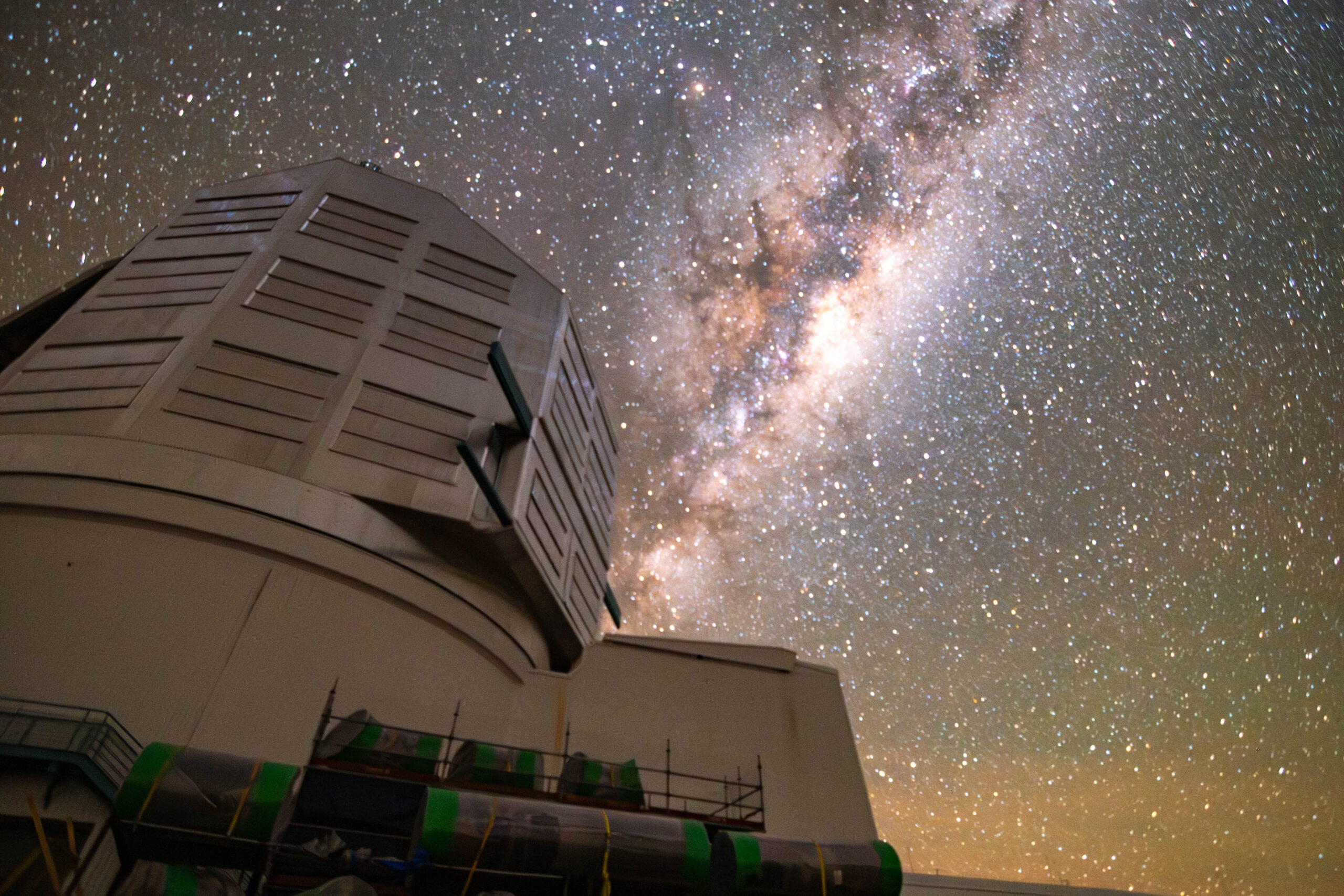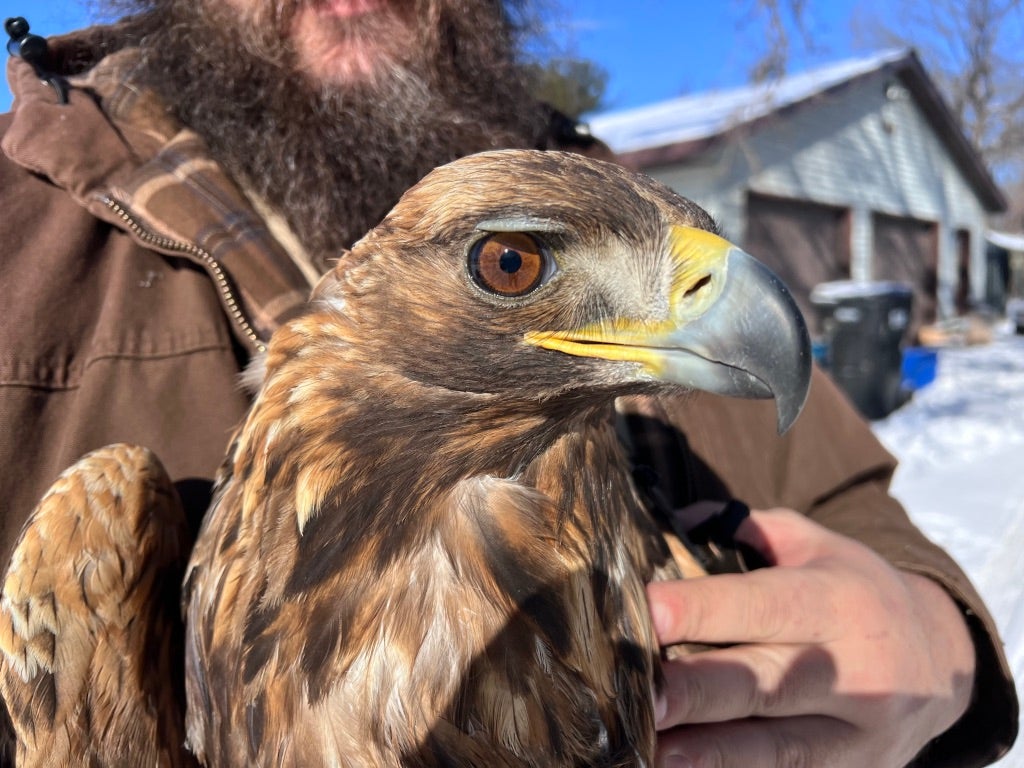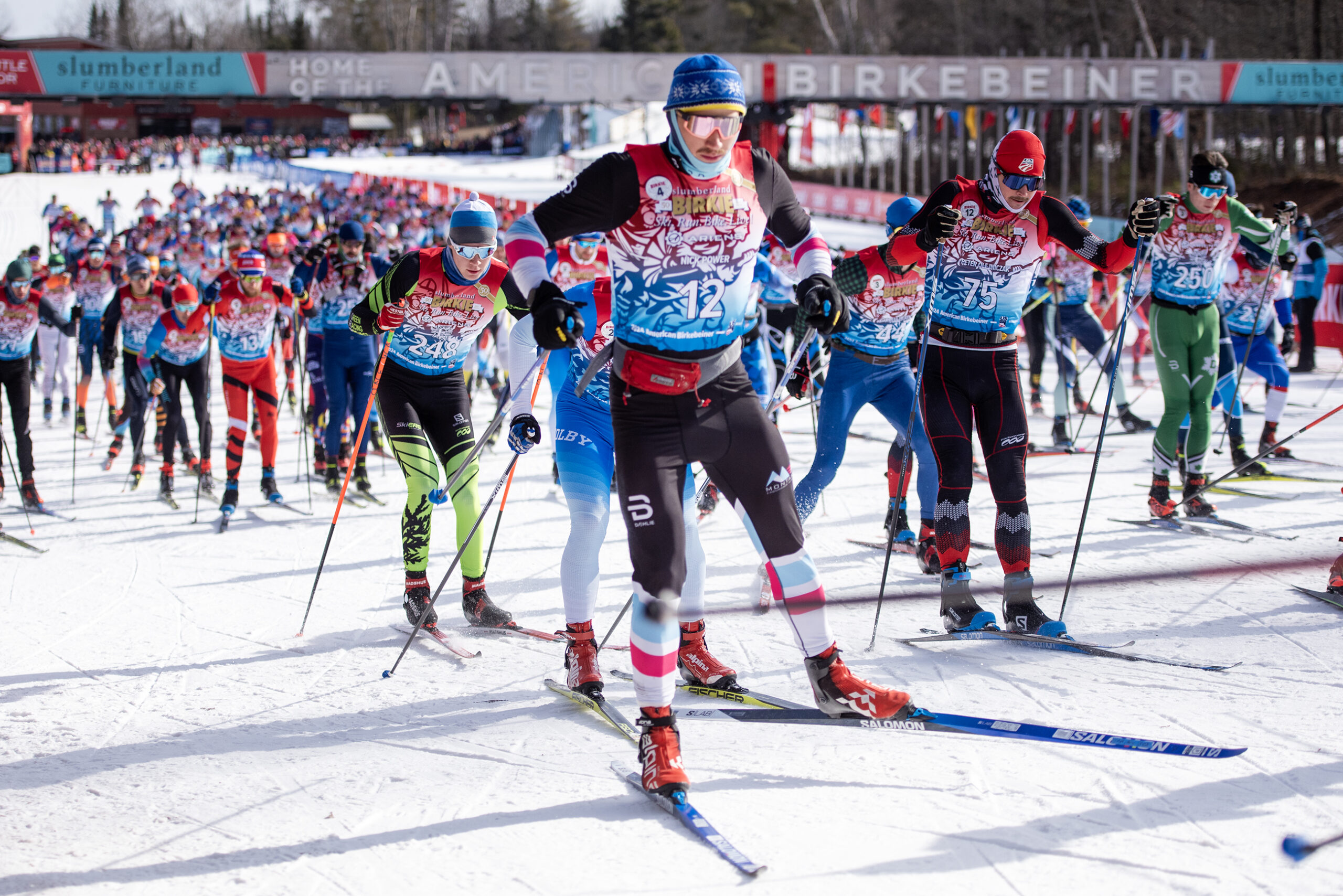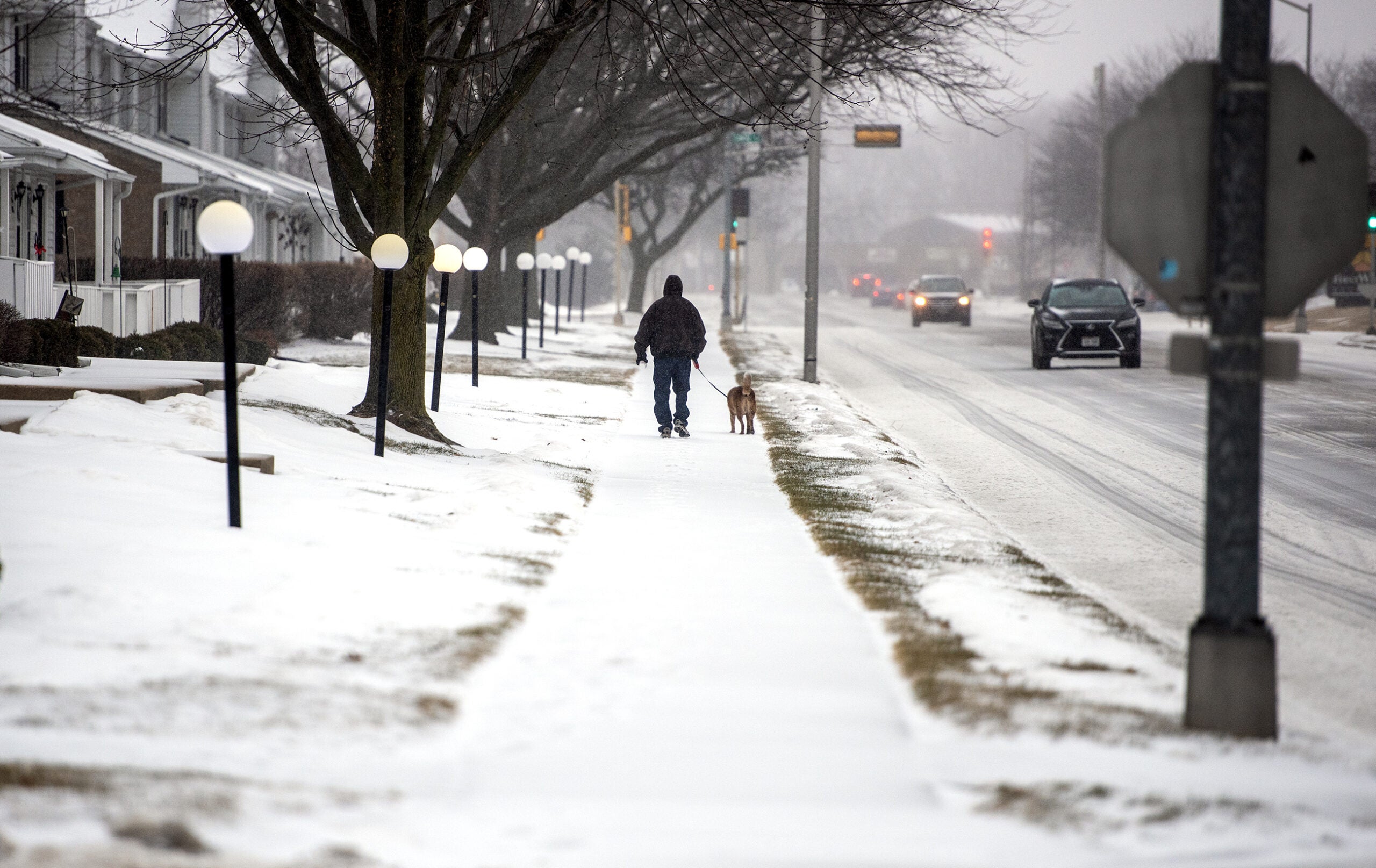Digital photography is common today, and there are great options for people who want more control and creativity than a smartphone provides. Larry Meiller learns about digital SLR cameras and how to take wonderful photos.
Featured in this Show
-
Outdoor Winter Photography Presents Challenges
With the significant snow Wisconsinites endured this winter, lots of snowy owls around and things like the Lake Superior ice caves being accessible for the first time in several years, there’s a lot of great winter landscape photography going on.
Jack Socha has advice for those taking outdoor photos in winter. Socha is a photography instructor and author of “How To Use The Digital Camera You Just Bought,” now in its second edition. He said that “you probably aren’t going to get the best results if you leave your camera on ‘decision free.’”
Instead, Socha recommended, “You should put it on one of the settings — frequently it’s called ‘P’ for program — that still allows automatic exposure, but it allows you access to one of my favorite buttons, called the ‘plus-minus exposure control,’ which will lighten and darken the picture.”
That’s a benefit, he said, because “a lot of times, your meter just cannot handle all that snow.”
If a person can access that feature, Socha suggested taking some lighter and some darker to see what the best option is.
Another important feature to be aware of when taking outdoor photos in winter is the ‘white balance,’ or ‘automatic white balance.’ Socha said, “For example, one day I was out there and there was that really weird blue snow-light look, like at the ice caves. Well, the automatic white balance tries to turn it into looking like it’s white, and you don’t want that!”
To solve that inadvertent “fix,” Socha recommended turning off the white balance and choosing the daylight or shade setting. He explained that when the camera thinks you are in more normal light conditions, it will retain the colors instead of canceling them out. But be sure to try them out before you’re in a once in a lifetime photo situation.
“You’re going to have to experiment with those settings,” he said, “until you find the one that you like,” he said.
Episode Credits
- Larry Meiller Host
- Judith Siers-Poisson Producer
- Jack Socha Guest
Wisconsin Public Radio, © Copyright 2025, Board of Regents of the University of Wisconsin System and Wisconsin Educational Communications Board.




